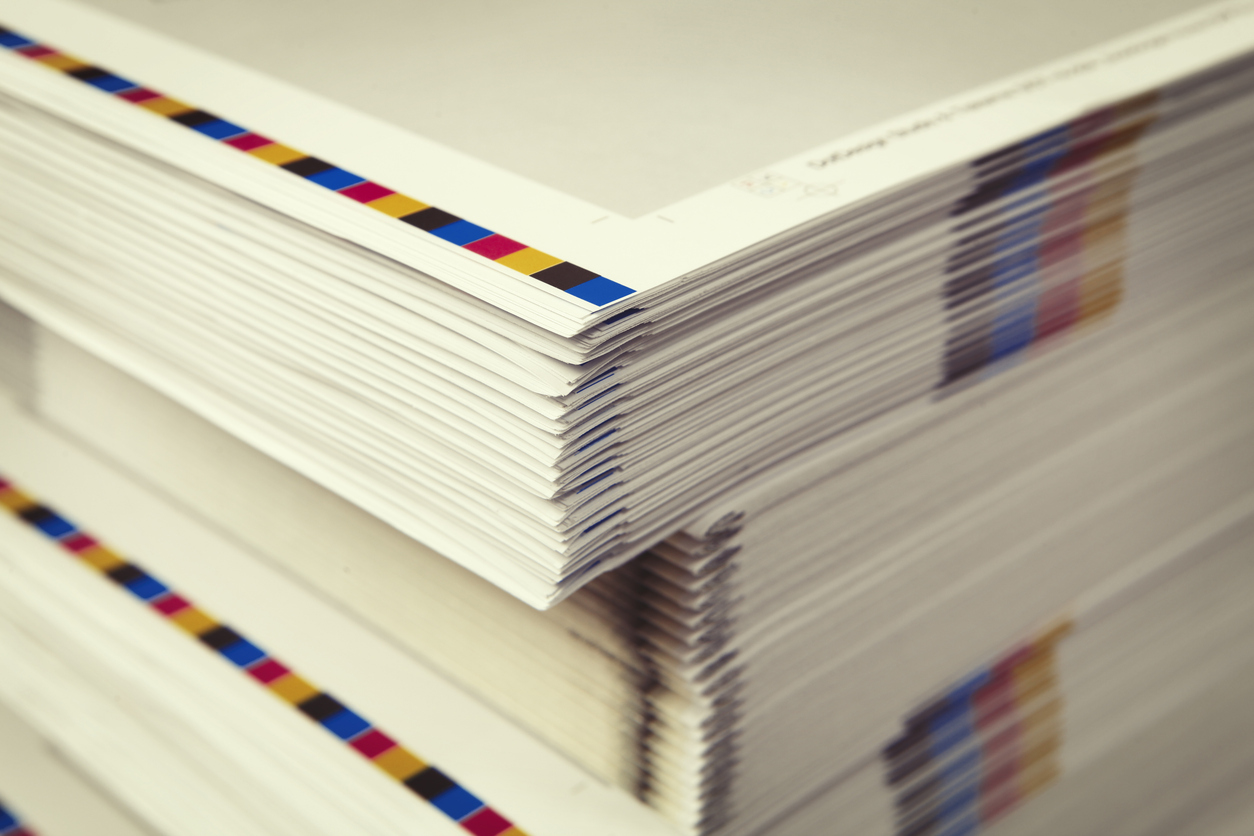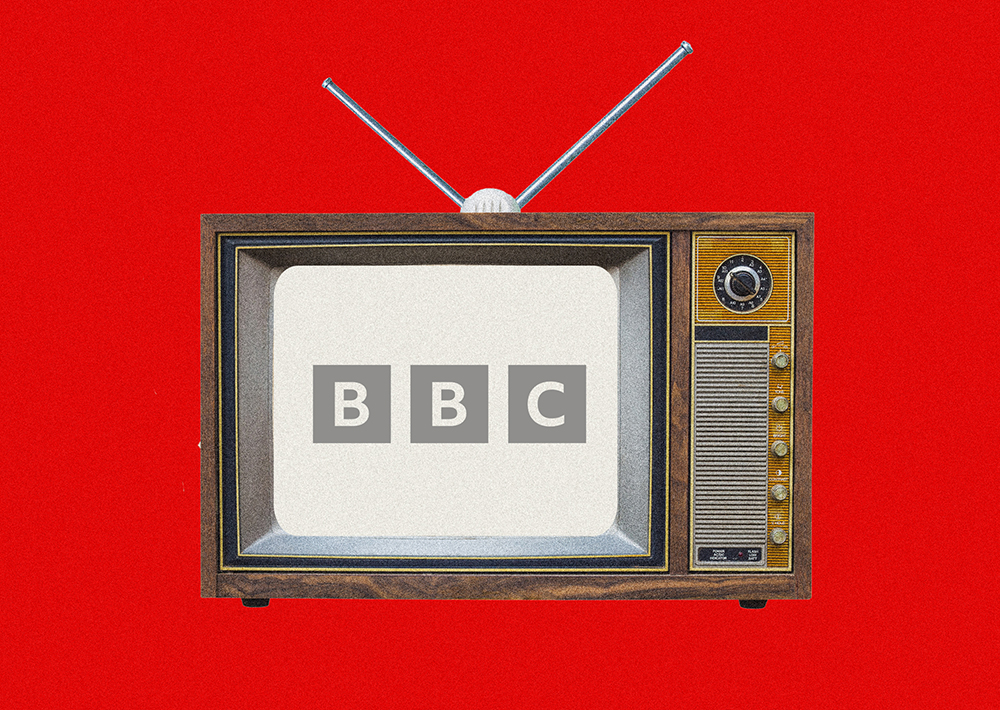Years ago, newly triumphant from getting my first book published, I went to my parents’ house for a celebration dinner. Having duly toasted their son’s modest literary success, they then revealed that I wasn’t the new author in their social circle. An old university friend of theirs from Holland – we’ll call him Jörg – had just sent them a copy of his new book, ‘a sort of travel memoir, a bit like yours’.
This was not a comparison I welcomed. My book was about quitting my job as pot-holes correspondent on the London Evening Standard to freelance in post-Saddam Iraq – not exactly Michael Herr’s Dispatches, granted, but more gripping, I liked to think, than writing about roadworks on Streatham High Road. Jörg’s book was a self-published account of his campervanning trip the year before across America. At a hefty 500 pages long, it was twice the length of mine. And much as one can commend Dutch pensioners for their adventurous travelling spirit, Jörg was not a Theroux or Chatwin. Chapter one was devoted largely to a quiet first night in a motorway service station, and how it compared to those back home.
I thought of Jörg’s book last week, when the writer Bill Bryson railed against self-published books, which have proliferated in the era of e-publishing and Kindle. Bryson told the Times that many were ‘of no interest’, and that a glut of books about ‘some anonymous person’s life’ made it harder for genuinely talented authors to be spotted by publishers. His remarks reflect a widespread disdain for DIY authors. As the phrase ‘vanity publishing’ suggests, it’s seen as literary onanism, a dirty habit best resisted rather than indulged.
Yet for anyone who aspires to be an author, it’s hardly surprising that temptation looms. For all its attempts at diversity and inclusion, the publishing industry – especially for those outside London – often seems like a fickle world, full of know-all metropolitans and brusque rejection emails that seem calculated to shatter dreams. In fairness, that is their job – to tell us that our odyssey around America (or indeed Iraq) wasn’t the unique experience that we think it was. Even for relative insiders – such as Fleet Street hacks like myself – it’s still a daunting slog to win their attention. Few books these days are commissioned off the back of a single article, or a chat with a publisher at a party. Most require a detailed proposal, several sample chapters and a marketing plan, which can mean writing tens of thousands of words on top of the book itself.
At times, it feels designed to put off all but the most determined and, to some extent, it is. Nor is there any guarantee of a deal, or even that whoever is looking at your submitted manuscript is a sound judge of literary merit. The story of J.K. Rowling’s Harry Potter debut, famously rejected a dozen times, is not some rare outlier. Twenty publishers declined William Golding’s Lord of the Flies, dismissing it as ‘rubbish and dull’. F. Scott Fitzgerald’s The Great Gatsby was likewise turned down as ‘an absurd story’.
It was during such a merry-go-round of rejections that I too committed the sin – if that is what it is – of self-publishing. Just a few months after my Iraq book came out in 2008, I went to Somalia to report on its modern piracy boom, only to be kidnapped by a gang of the very people I had been sent to write about. Being held prisoner in a cave for six weeks was not a pleasant experience, but as an exercise in field research, it took some beating. When I finally returned to Britain, I was sure I could get a book out of it. Pirates were big international news, and here was I, a British hack, who’d seen them up close. My agent at the time reckoned it was just a case of how much of an advance we could get, with £20,000 or £30,000 looking possible.
Yet one by one, the rejection letters piled up, all citing different reasons. Some said the public weren’t that interested in piracy. Others wanted a deep dive into Somali clan politics and fishing rights, which even I thought might be a bit niche. Either way, after nearly a year of trying, we’d been turned down everywhere, by which time I was already halfway through writing it. Eventually, I came to an arrangement with the publisher of my Iraq book – a small but well-run independent outfit. In return for me funding roughly half of the £5,000 printing costs, they agreed to publish it, with a 50–50 split on any profits. It didn’t prove a bestseller, no, but it got reasonable reviews, and in the end, I think both myself and publisher recouped our costs. More to the point, a year’s worth of effort in writing it hadn’t been wasted.
Was that vanity publishing? Guess so. But frankly, I’d rather swallow my pride and cough up the readies to get the book into print than stash it away in a cupboard and pretend it never happened. Besides, for most authors, it’s not about the money anyway. According to the Authors’ Licensing and Collecting Society (ALCS), the average scribe’s earnings are only about £7,000 a year. Instead, it’s the buzz of seeing your book in print, and (hopefully) seeing the odd nice review on Amazon (Kidnapped: Life as a Somali Pirate Hostage currently has 41 reviews, most are favourable).
I’d rather swallow my pride and cough up the readies to get the book into print than stash it away in a cupboard
That, also, was 15 years ago, before the web-driven self-publishing boom. Today, Amazon’s Kindle Direct Publishing (KDP) wing not only lets authors publish their books for free, but also has a print-on-demand service, whereby individual copies, complete with cover designs, can be ordered by mail. Quality-wise, they’re not always quite as slick as the books you’ll see in Waterstones, but for any author seeking the satisfaction of a hard copy to put on their bookshelf, it’s a first-class second-best.
This is not publishing’s punk moment, with Amazon as the equivalent of Stiff Records, shaking up an out-of-touch publishing industry. Just as writing a decent pop song requires more than just mastering three chords, writing a decent book requires more than just stringing 80,000 words together. Much of what ends up on KDP will indeed be books of ‘no interest’, as Bryson puts it, while publishers will continue their gatekeeping role, separating wheat from chaff. But there will also be lots of books by people with interesting life stories – who might find the time to churn the words out, but not quite the patience to jump through the hoops of the mainstream publishing world. I myself know several soldiers and a man wrongly convicted of cocaine trafficking who’ve written self-published memoirs. None of their books have been widely read, but all are a source of great pride (and sometimes catharsis) to their authors.
For all the high-minded talk of pleasing readers, many authors are ultimately their own number one fans. That’s why we write books in the first place – the satisfaction of seeing our words in print – be we stuck in a cave in Somalia, or doing Jörg’s version of On the Road in a campervan. And here and there, amid the dross, there will be the odd gem: an accountant’s unexpectedly hilarious memoir, perhaps, or a Deliveroo driver’s insights into the eating habits of modern Britain. Far from denigrating vanity publishing, we should be glad that so many people are willing to write for free.








Comments